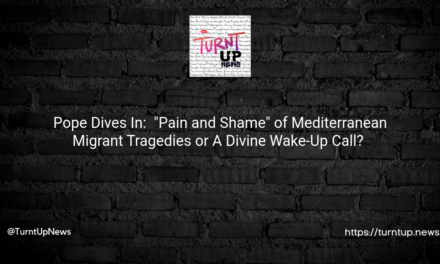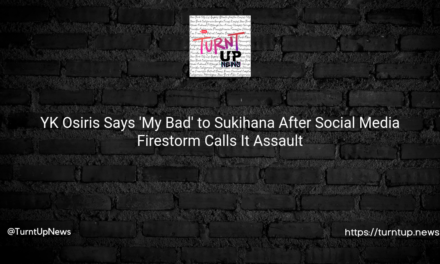🏛️High Court Throws OSU A Curveball: Sex Abuse Victims Get Green Light 🚦 to Sue!💼
TL;DR:
In a surprise move, the Supreme Court gave a not-so-subtle nudge to Ohio State University (OSU), essentially telling them, “You’re not off the hook!” 🪝🚫. The Supremes swerved past OSU’s appeal, affirming that former students, who have accused Dr. Richard Strauss of sexual abuse, should be permitted to sue the university. Looks like the court’s running on a different clock ⏰, rejecting the notion that the statute of limitations has expired.
In the world of university scandals, OSU might’ve thought they were dancing in the clear. But looks like the Supreme Court just scratched the record 📀 and put their tune on pause ⏸️. Monday saw the Supremes side-stepping OSU’s appeal, supporting the rights of former students to pursue legal action against the university for allegedly failing to protect them from a sexual predator.
Now, let’s get real 🎯. The case revolves around the now-deceased Dr. Richard Strauss, who was an athletic doctor at the university. Scores of former students accuse Strauss of sexual abuse, and they believe the university didn’t do enough to protect them. But here’s where the plot thickens 🍲. Last year, a judge declared that the statute of limitations for these alleged crimes had expired. Expired? Like a carton of milk 🥛 in the back of the fridge? Well, the Supreme Court ain’t buying it.
With Monday’s decision, the highest court in the land signaled that the victims’ quest for justice ⚖️ need not be hampered by a ticking time bomb. Is it just us, or does it seem like the Supreme Court is changing the beat on the old “times up” mantra?
And what about Steve Snyder-Hill, one of Strauss’s victims? He says this ruling is a huge win for survivors, as it empowers them to hold institutions accountable. And it sure as heck seems like Snyder-Hill is ready to blow the whistle 📣 on OSU.
This high court ruling is making us wonder: What’s more important – the tick-tock of a statute, or the pursuit of justice? Does a clock ⏰ really hold the power to silence voices that deserve to be heard?
Here’s where the rubber meets the road 🛣️. This ruling has potentially opened up a floodgate for similar lawsuits. Might other universities start feeling a cold sweat 😰 drip down their academic robes? Is the Supreme Court’s latest decision a signal of a shift in the legal landscape, where victims of abuse are given more time and space to seek justice? 🧭
While we’re not in the business of giving advice, we are here to provoke thought 💭. If this isn’t a wake-up call 📢 for institutions everywhere, what will be? And as for OSU, will they step up and face the music 🎶, or keep trying to change the track?
What about you, readers? Do you think the Supreme Court’s decision will open the doors 🚪 for more victims to have their day in court? Or are they just stirring the pot without really turning up the heat 🔥? Over to you, let the discussion begin!
Disclaimer: This report is intended to inform and stimulate discussion, and should not be taken as legal or financial advice.





